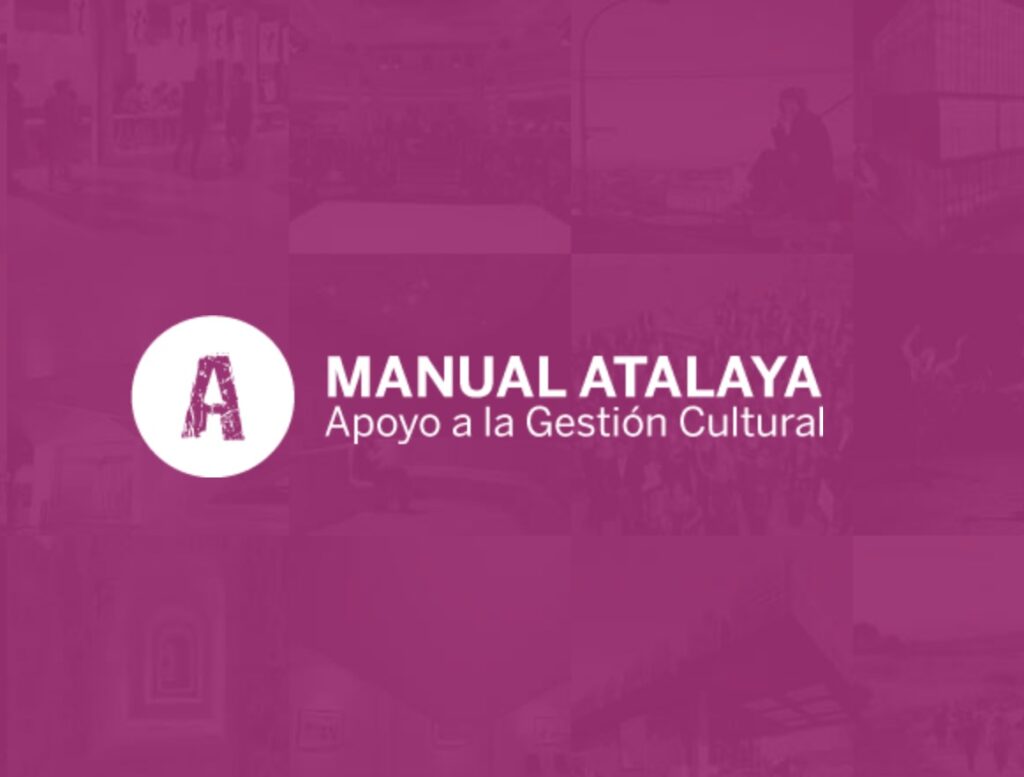ORÍGENES DEL MANUAL ATALAYA DE APOYO A LA GESTIÓN CULTURAL
Todo proceso, todo resultado, tienen sus antecedentes y este MANUAL ATALAYA de apoyo a la gestión cultural no es una excepción. Aunque vio la luz en 2014 sus orígenes datan de 2004. En aquel año se preparaba el número 5 de “Periférica Internacional. Revista para el análisis de la cultura y el territorio” del Servicio de Extensión Universitaria del actual Vicerrectorado de Cultura de la Universidad de Cádiz y en el seno de su Consejo Editorial anidó la idea de desarrollar un manual de gestión cultural. Aunque el proyecto no llegó en su momento a buen puerto, años después, el impulso del Observatorio Cultural del Proyecto Atalaya, financiado por la Junta de Andalucía, permitió que aquella empresa saliese adelante. Y aquí se encuentra la última versión de un Manual vivo y abierto que espera seguir reflejando durante los próximos años los cambios y transformaciones del territorio cultural.



